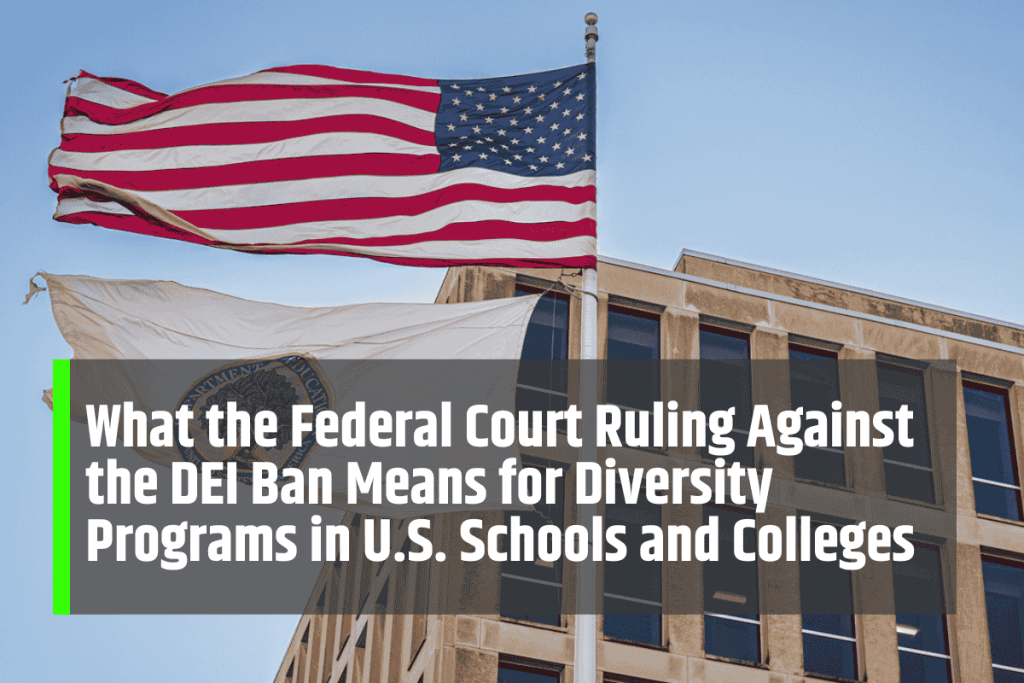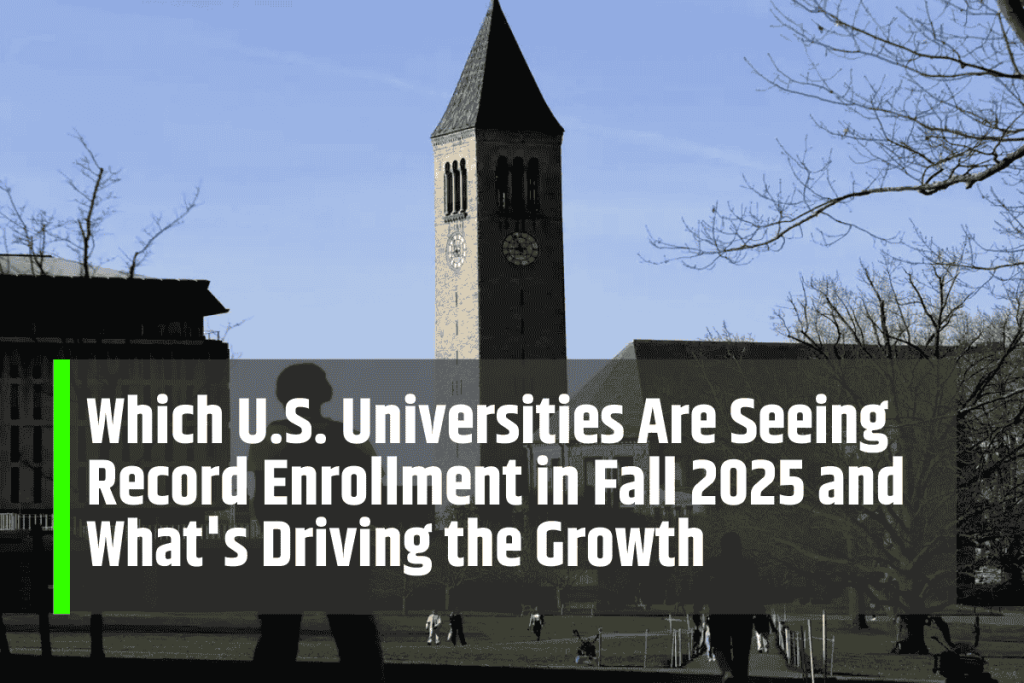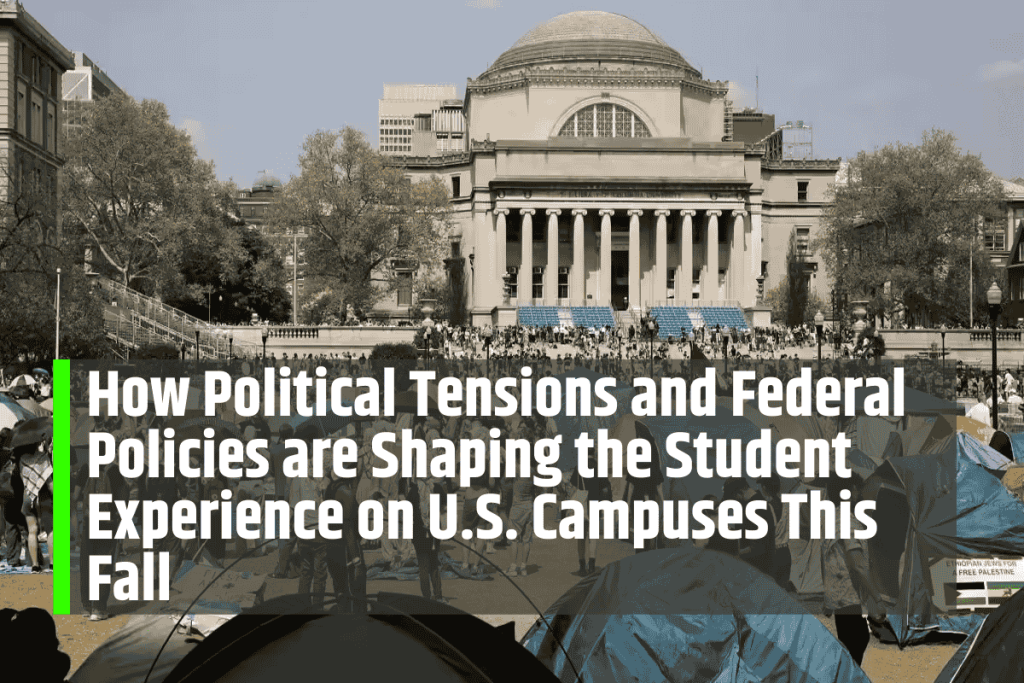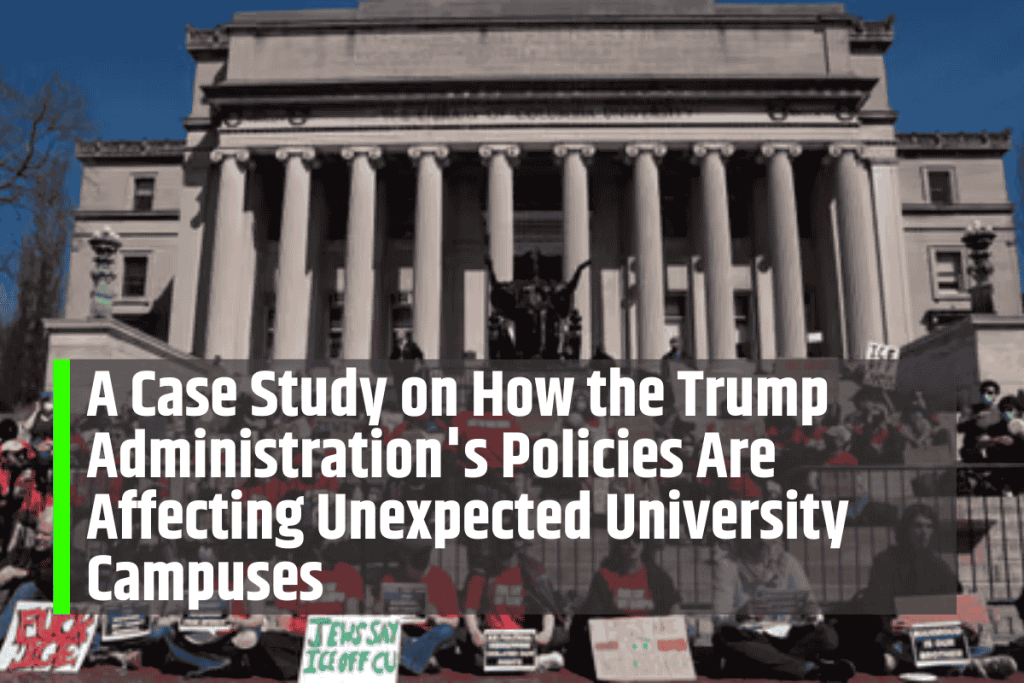In a major development, the U.S. Department of Education’s Office for Civil Rights (OCR) has ruled that George Mason University (GMU) violated Title VI of the Civil Rights Act. The finding stems from race-based hiring and promotion practices, placing GMU at risk of losing federal funding unless it complies swiftly.
How the Investigation Began
The probe began after complaints from faculty alleged that GMU favored candidates from underrepresented groups in hiring and promotion decisions. These practices were tied to the university’s DEI strategy. OCR concluded such actions violated Title VI, which prohibits discrimination based on race, color, or national origin in federally funded institutions.
Federal Demands for Compliance
OCR has ordered GMU to halt race-based practices immediately. The university must sign a resolution agreement, publish a compliance statement, and provide training to ensure future hiring and promotion align with federal rules. GMU has just ten days to respond or risk losing millions in crucial federal support.
GMU’s Profile and Leadership
Located in Fairfax County near Washington, D.C., GMU is Virginia’s largest public university, serving nearly 40,000 students. Known for innovation and social mobility, it also houses the conservative Antonin Scalia Law School. President Gregory Washington, who took office in 2020, has strongly promoted DEI efforts throughout his tenure.
Leadership Under Scrutiny
Washington emphasized removing “racist vestiges” from campus, but critics argue that his DEI agenda crossed legal lines. While the GMU Board of Visitors—appointed by Virginia’s governor—continues to support him, it recently voted to scale back DEI programs. In a closed session, the Board approved a salary bonus for Washington despite federal scrutiny.
Broader Implications for Higher Education
The ruling comes amid a nationwide retreat from affirmative action and race-conscious policies. The Trump administration has expanded oversight of DEI efforts, framing them as potential civil rights violations. GMU now represents a cautionary tale: race-based hiring may no longer be tolerated under evolving interpretations of federal law.
Policies Under the Microscope
Universities nationwide are likely to revisit diversity statements, cluster hiring initiatives, and equity advisor roles. These programs—once standard in promoting inclusion—could now be viewed as legally risky. The ruling signals a new compliance era in which institutions must carefully align diversity goals with anti-discrimination statutes to avoid penalties.
Mixed Reactions on Campus
On campus, reactions have been divided. The GMU Faculty Senate praised President Washington’s leadership and inclusive vision. Conservative activists, including Christopher Rufo, demanded his resignation, calling DEI hiring unlawful. Some faculty members questioned OCR’s demand for a public apology, seeing it as symbolic rather than a solution to complex institutional challenges.
National Debate Over Autonomy
The higher-education community remains polarized. Supporters of GMU’s DEI strategy argue that federal scrutiny reflects political interference threatening academic autonomy. Critics of race-conscious policies, however, contend that the ruling protects fairness and ensures hiring decisions remain merit-based. The debate underscores the broader national clash over equity, law, and university governance.
The Stakes for GMU
GMU must now demonstrate compliance through concrete policy revisions. The Board of Visitors will oversee implementation, balancing inclusivity with strict legal adherence. Failure to adjust could endanger federal funding vital for research, financial aid, and institutional growth. The university’s next steps may set precedent for how other schools respond.
Lessons for Other Institutions
For colleges across the country, GMU’s experience is a warning. DEI remains a priority for many campuses, but the legal landscape demands caution. Universities must refine programs to ensure compliance, avoid explicit race-based practices, and focus on broader frameworks that promote opportunity without contravening federal civil rights protections.
Looking Forward
The GMU case illustrates the evolving intersection of law, politics, and higher education. Institutions must find ways to sustain commitments to diversity while respecting anti-discrimination statutes. The challenge will be balancing inclusion with compliance, ensuring that equity initiatives remain resilient in a climate of legal and political scrutiny.
A Defining Moment
George Mason University’s Title VI violation marks a turning point in U.S. higher education. As federal oversight intensifies, universities face a stark choice: adapt DEI programs to align with the law or risk severe consequences. This episode highlights the fragile balance between advancing diversity and preserving legal compliance.











Leave a Comment